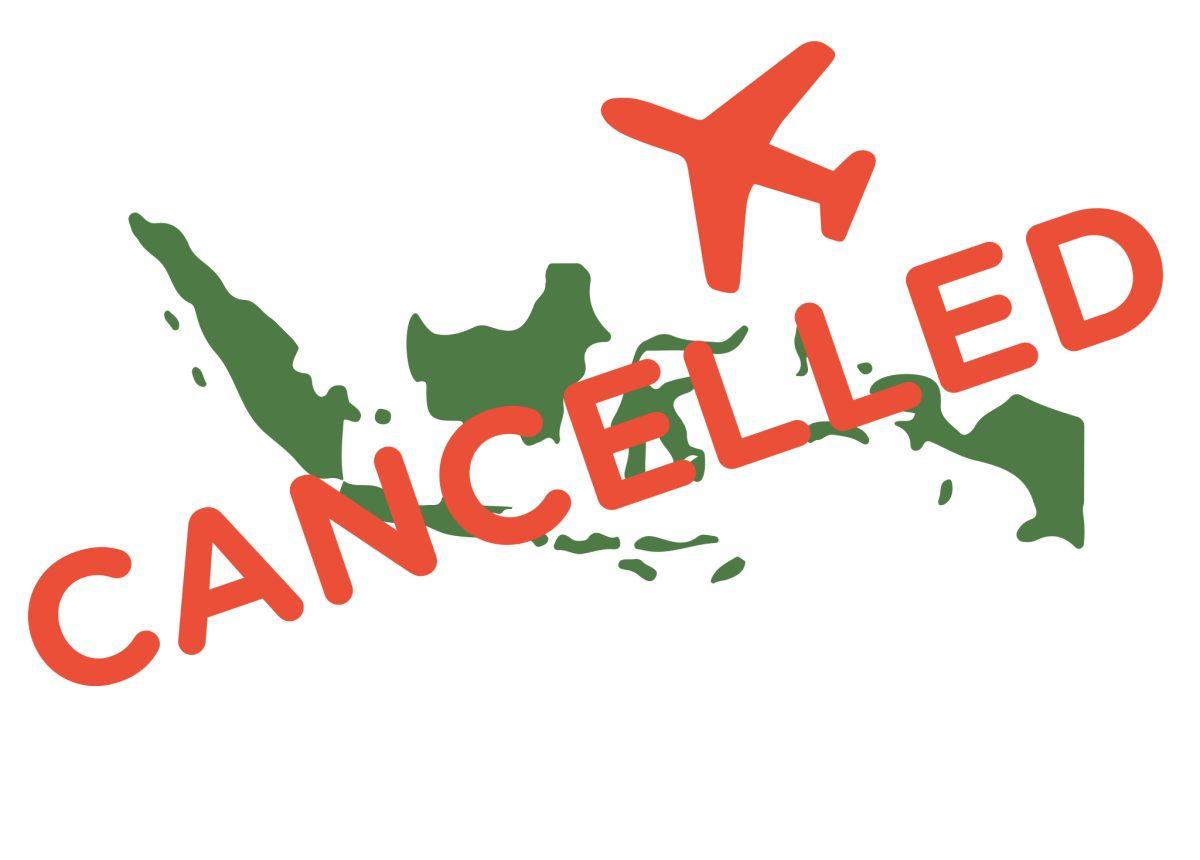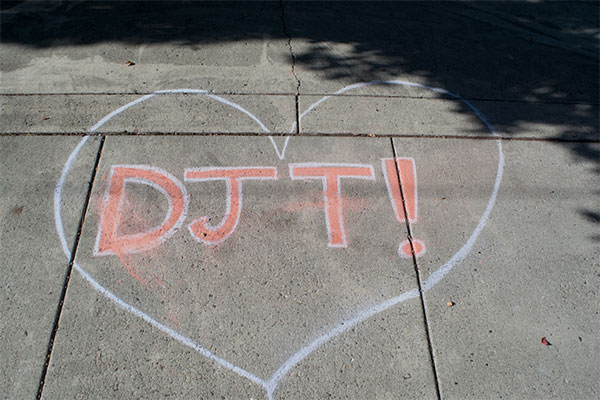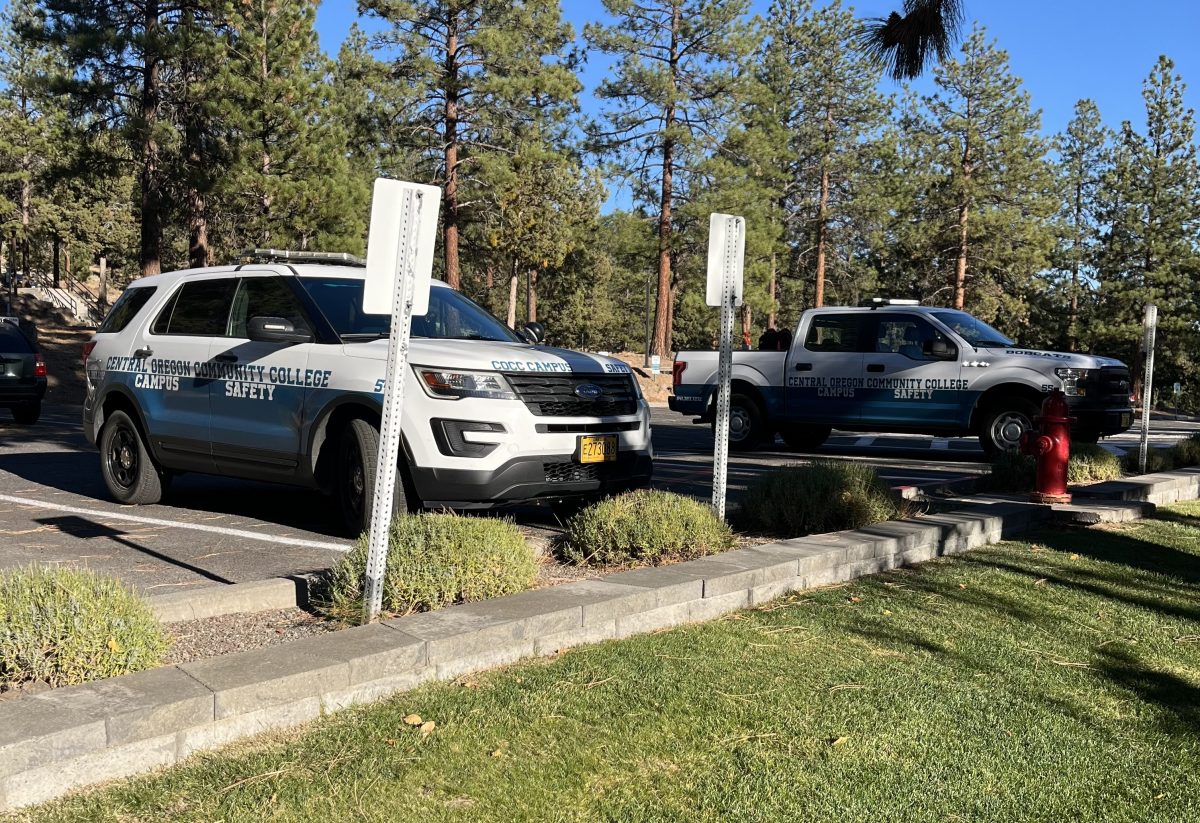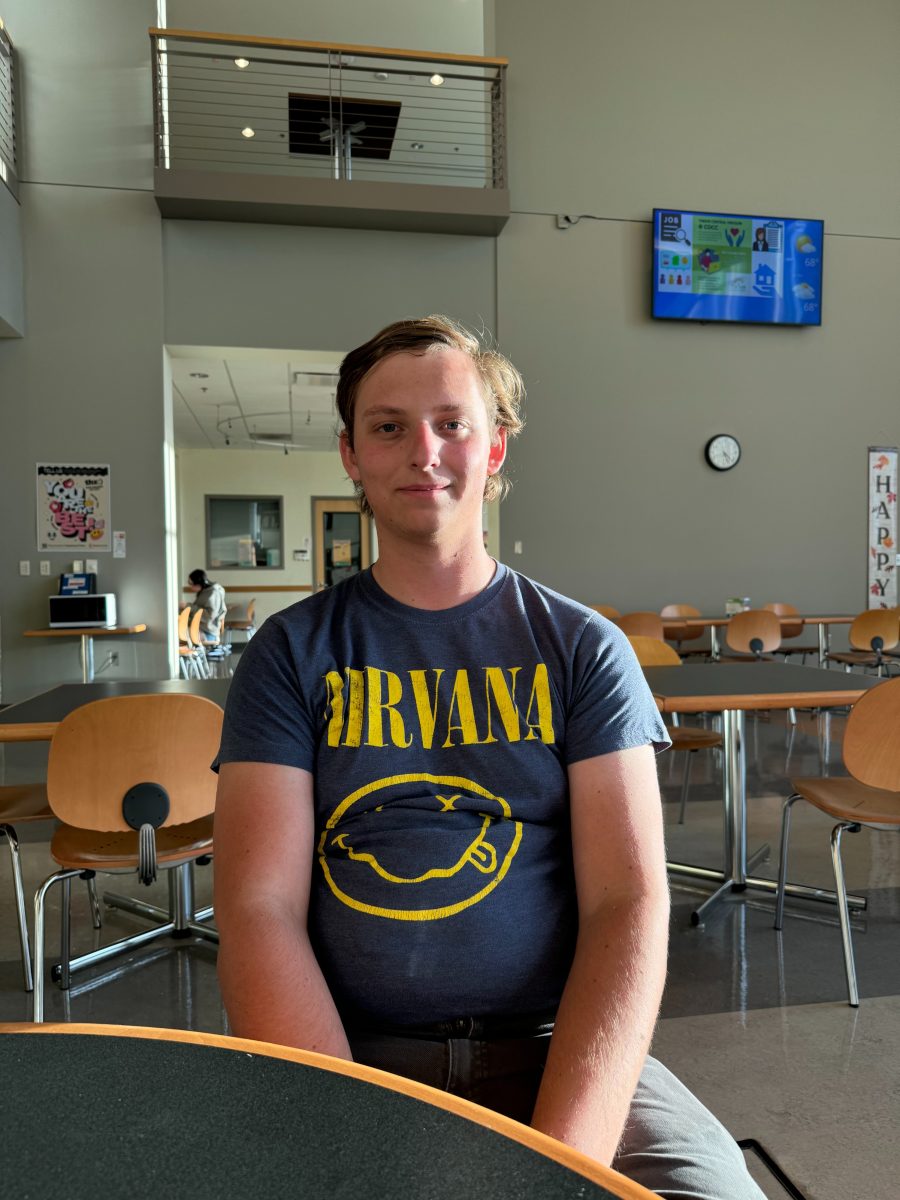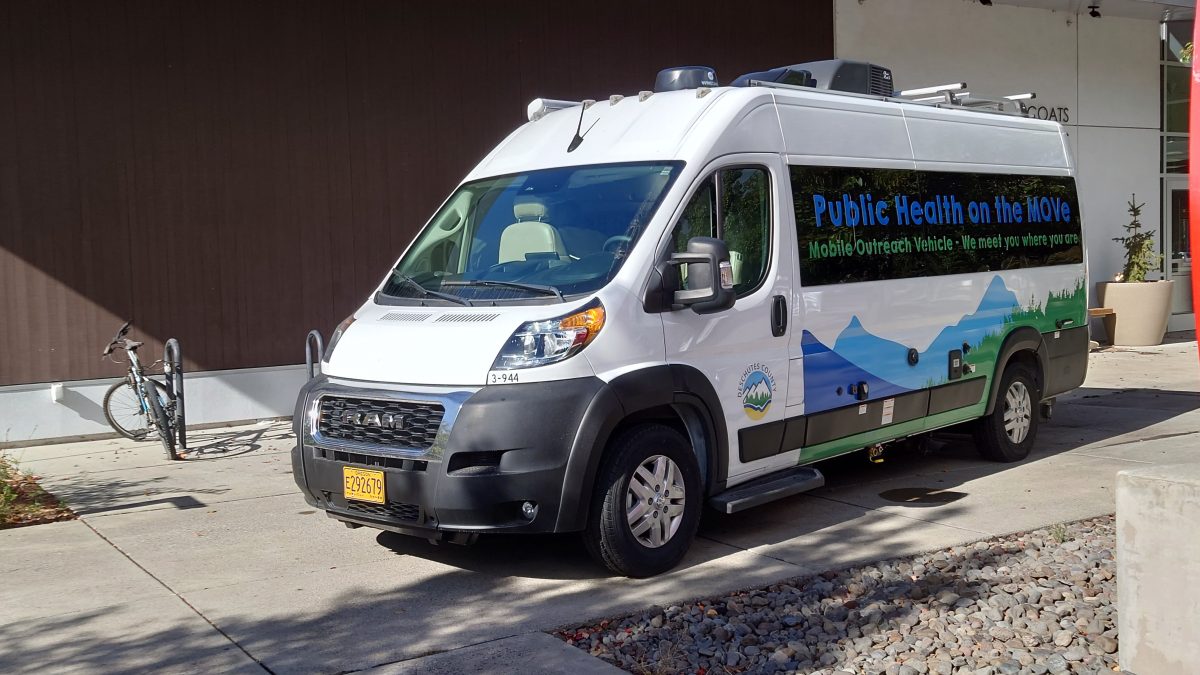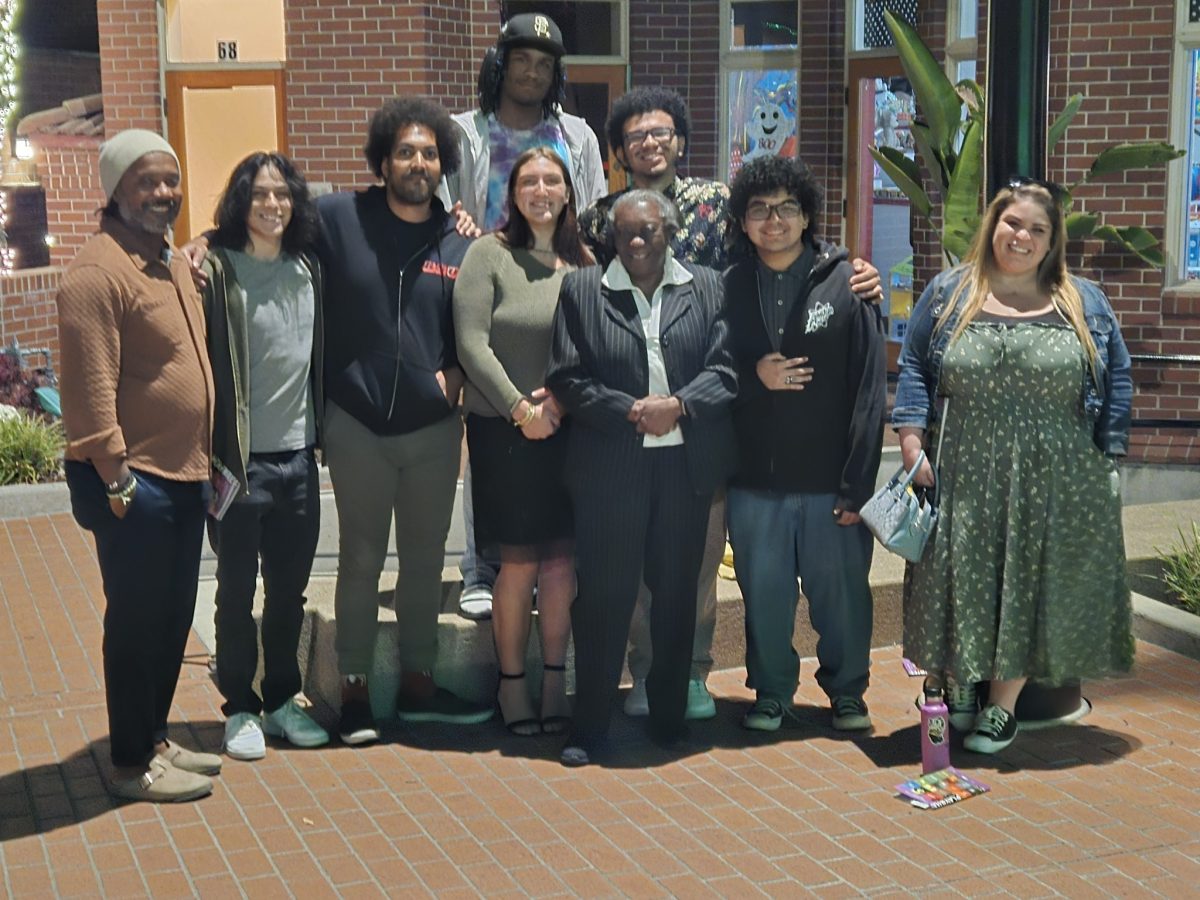By Adam Case | The Broadside (Contact: [email protected])
Four Central Oregon Community College students had to cancel their plans for a field study program in Indonesia due to a lack of funds. Assistant Professor of Psychology Matthew Novak, who attended the program as both a student and a professor, wishes to “find a better way to make this a realistic option for students.”
The summer field study program available to COCC students is called the “Field Course in Conservation Biology and; Global Health: At the Human-Environment Interface.” The program brings students from universities around the world to the remote Tinjil Island in Indonesia to partake in research observing long tailed macaques there. Students may receive credit for participating in the field study, daily lectures, personal research projects, and community outreach.
The program costs students $2,375, which does not include travel expenses or credit tuition (which can be taken from either COCC for 100 or 200 level credits or the University of Washington for advanced credits). The trip lasts for four weeks over the summer. About 20 students from the US and Indonesia attend each year.
Novak attended the trip as a graduate student in 1995, and again as a professor in 2015, and has brought eight COCC students in the years since. He is proud of the program as it offers a unique opportunity for college students, and said most faculties are unable to provide the out-of-class learning necessary for a full education. He said that the program is “a constructive narrative for what is possible.”
A conference was held in downtown Portland, Ore. highlighting the program available to students. Among the attendees were a group of students who were mostly members of the Central Oregon Psychology Enthusiasts. The conference was held by The Western Psychological Association. It was an opportunity for professors, students, and speakers to gather and exchange their research and knowledge with one another. Novak attended as the primary speaker for the symposium titled “International Field Experiences: Collaboration, Community Building, and Student Development.”
Joining Novak was Dr. Randall Kyes from the University of Washington, who began the program 28 years ago. He went alone to the island in 1990, when the program was a partnership between Bogor Agricultural University and the Primate Research Center. Today, it represents 25 institutions within Indonesia and establishments from 16 other nations.
Of the students who have attended the trip in years past, Kyes claimed three-quarters of them moved on to earn advanced degrees in relevant subjects like psychology, anthropology, and biology. Former COCC students Erin Butler and David Lee went on to perform similar field research in Thailand and Australia respectively.
Anna Palacios is one of the students who was supposed to make the trip this year and was in attendance at this symposium. She is a psychology major who got her AAOT from COCC and is currently attending Oregon State University Cascades. She said she, “felt overwhelmed by the risk.” Specifically, she referred to her fear of needles and the anxiety caused by the idea of receiving the necessary immunization shots. She also said that she has never left the country.
However, she plans to re-enter the program next year as she is, “Not going to let the little things top such a huge opportunity.” Next year she plans on centering her personal research around mother-daughter bonds and developmental psychology.
The research students will participate in a program that encapsulates the larger scope of conservation. Students will assist in testing a variety of natural items ranging from soil to insects, plant life, and the primates living on the island. Students will gain first-hand experience and training in field equipment such as GPS systems, radiotelemetry, drones, and blow dart guns.
In addition to this research, students will conceptualize, design, and execute their own research projects in cooperation with the faculty. Students may choose any topic they desire and will record and present their findings in an officially publishable fashion.
The students will also attend daily lectures on subjects pertaining to the ongoing research. The faculty has put together a conservation-oriented curriculum designed to be applicable to all kinds of field research.
The last component of the program is community outreach. Novak believes the program to be an excellent, “model of international collaboration.” During their stay on the island, students are invited to participate in celebrating the Indonesian Independence day which falls during those weeks. The celebrations involve games and challenges played on white sandy beaches.
At the end of the four weeks, students will go into local communities to present their learnings, fourth-grade students will view their presentations. The children will learn about the environment and conservation methods. These presentations also include singing, dancing, and a drawing contest for the children.
Another former COCC student Miranda Harrison attended the program in 2016 and presented her experiences at the symposium in Portland. Her personal research project was centered around examining the sexually dimorphic toy preferences in the macaques. She sought to test whether certain gender stereotypes are present from birth or the result of later socialization. She distributed a series of dolls and toy cars in a given area and documented how male and female macaques chose to interact with them. She recalled how the monitor lizards which also live on the island would sometimes scare the macaques and disturb her research. Her study did not yield any statistically significant results, suggesting these behaviors are learned.
Katie Hawkins, a COCC graduate, is currently attending the University of Oregon and has attended this research trip twice, once in 2014 and once in 2015. She also presented her experiences at the symposium. She recalled being excited at the prospect of researching, “anything [she] could imagine.” Upon arriving at the island, in 2014 she gained valuable insight into the reality of fieldwork: not getting expected results, having to inspect feces, unexpected interferences in research, etc. She also deeply valued the community outreach aspect of the program, specifically that she enjoyed giving back to the community which accepted her. She not only made friends during her stay but has remained in contact with them since.
Students interested in attending in the future should contact Matthew Novak at [email protected]. ■


